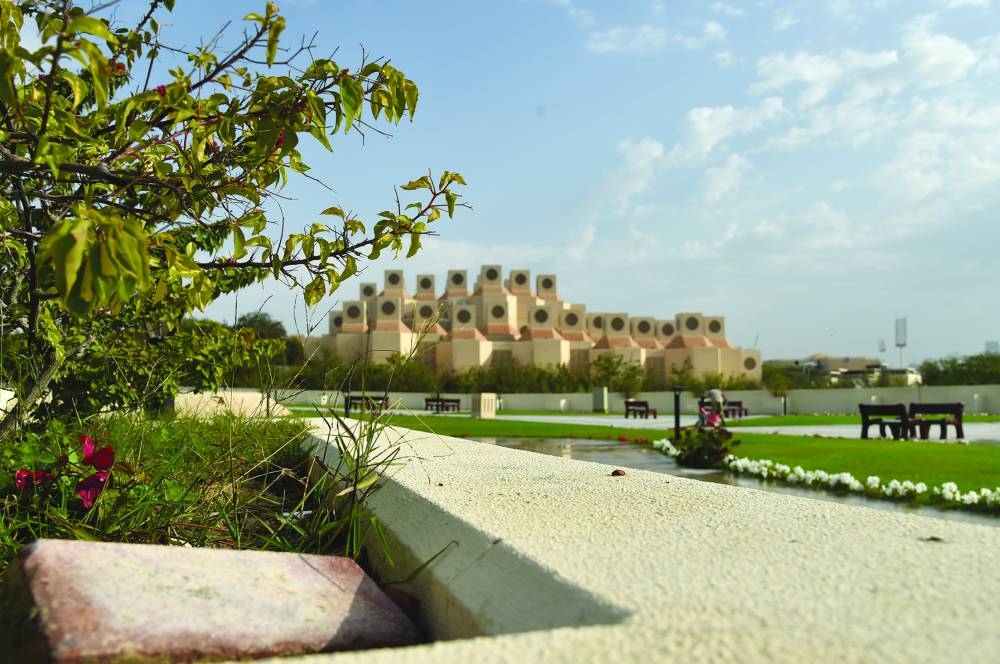Qatar University President HE Dr Omar Mohamed al-Ansari has said that the university is embarking on a new cycle of academic planning to achieve greater compatibility with the labour market and provide quality programmes that respond to national requirements and meet the future aspirations of the country.
In an interview with the Qatar News Agency (QNA)m, he said that the new cycle is set to achieve standards that will help the university provide quality programmes and start programmes that integrate educational and research outcomes.
The university is currently reviewing programmes, specialisations, departments and colleges, and any new expansion therein will be linked to, atop other things, national requirements, the Qatar National Vision 2030, and the needs of the labour market in the short, medium and long terms.
Expansion is not a goal in itself as much as it is a response to new data and a response to the requirements of a sought after future that enables the QU to interact with the data of this technical and technological age, he pointed.
The QU president praised the efforts of the university's Board of Trustees, headed by His Highness the Deputy Amir Sheikh Abdullah bin Hamad al-Thani, hailing the board's efforts and dedication.
Qatar University is an intellectual and scientific community with a global scientific standing and broad, rich and diverse experiences, Dr al-Ansari said, adding that there is no doubt that the prestigious position it has achieved increases the amount of responsibility on everyone's shoulders.
He pointed out that the academic or administrative priorities at the current stage include improving the teaching and learning process, and achieving harmonisation and integration between programmes and specialisations at the bachelor's and graduate levels and national requirements and the needs of the labour market.
He explained that the priorities also include creating an educational and research environment and preparing competent graduates capable of effectively contributing to shaping the future, innovating solutions to national challenges, providing the requirements for comprehensive renaissance, and transitioning to a knowledge-based economy.
He noted that the QU, the first higher education institution in the country, has been able to place itself among major higher education institutions at the local, regional and global levels and is progressing according to ambitious plans, which is an attractive factor for students.
He pointed to many other attractive factors, including the stimulating educational environment and qualified staff, in addition to the good reputation enjoyed by university graduates in various specialisations.
"There is now almost no governmental or private institution devoid of Qatar University graduates, known for their high competence, ability to compete and excel," Dr al-Ansari said.
He affirmed the university's continuous endeavour to attract Qatari students towards all specialisations, including in the medical, engineering and scientific fields.
The QU president said that addressing the problem of the low turnout rate of Qatari students in these specialisations is not limited to the university alone, but rather is a general societal responsibility.
Dr al-Ansari added that the university provides sponsorship contracts for outstanding Qatari students and provides them with opportunities to complete their studies abroad.

A view of the QU campus.
